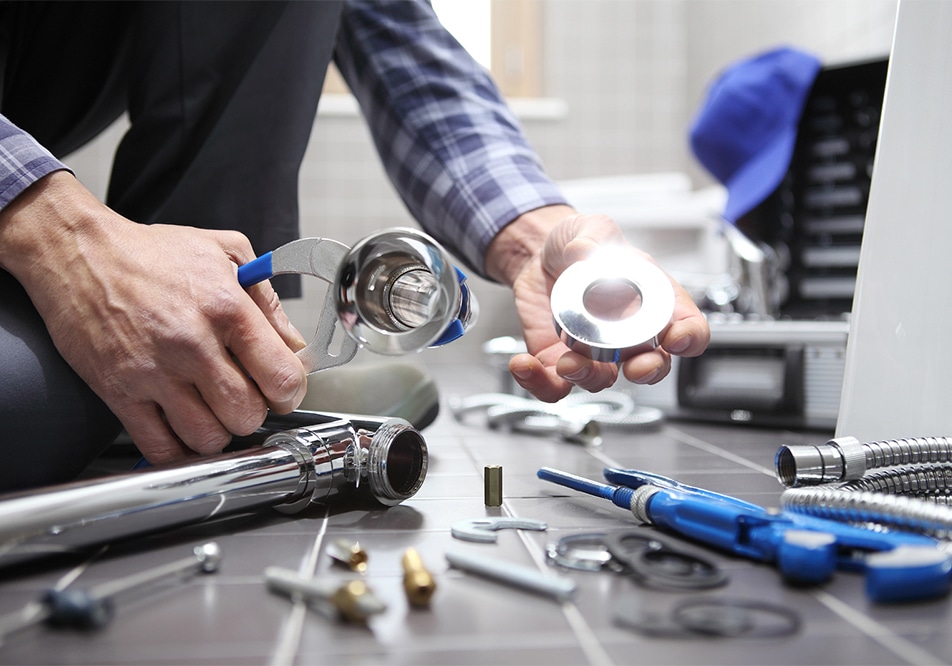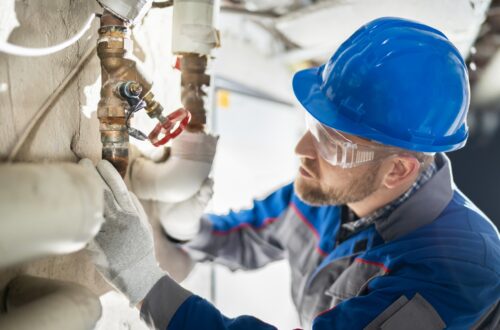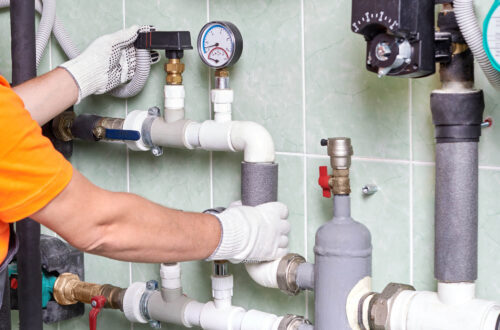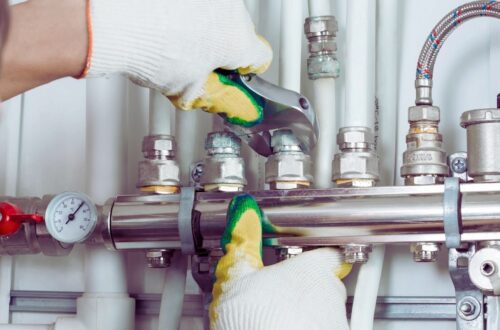Plumbing problems are one of the most frustrating issues homeowners face. A dripping faucet, a clogged drain, or a leaking pipe can disrupt daily routines and, if left unattended, lead to costly repairs. Fortunately, many common plumbing problems can be prevented with a little knowledge, routine maintenance, and proactive care. In this blog post, we’ll explore practical tips and best practices to help you keep your plumbing system running smoothly and avoid unexpected headaches.
-
Watch What Goes Down the Drain
One of the simplest and most effective ways to prevent plumbing problems is to be mindful of what goes down your drains.
Kitchen Sink: Avoid pouring grease, oil, or coffee grounds down the kitchen sink. These substances can solidify and create stubborn clogs over time. Instead, dispose of them in the trash or compost bin.
Bathroom Drains: Hair and soap scum are the main culprits of clogs in bathroom sinks and tubs. Use drain guards to catch hair and clean them regularly to keep water flowing freely.
-
Don’t Use Your Toilet Like a Trash Can
Toilets are designed to handle human waste and toilet paper—nothing more. Flushing items like wet wipes (even if they’re labeled “flushable”), feminine hygiene products, cotton balls, or paper towels can cause blockages in your pipes and even damage your septic system. Educate everyone in your household about what is and isn’t safe to flush.
-
Fix Leaks Right Away
Even a small leak can cause significant damage over time. Water damage can lead to mold growth, warped wood, and high utility bills. If you notice:
A dripping faucet
A running toilet
Water stains on the ceiling or walls
A sudden increase in your water bill
Take action immediately. Many minor leaks can be fixed with basic tools and plumbing tape, but if you’re unsure, it’s best to call a professional before the problem worsens.
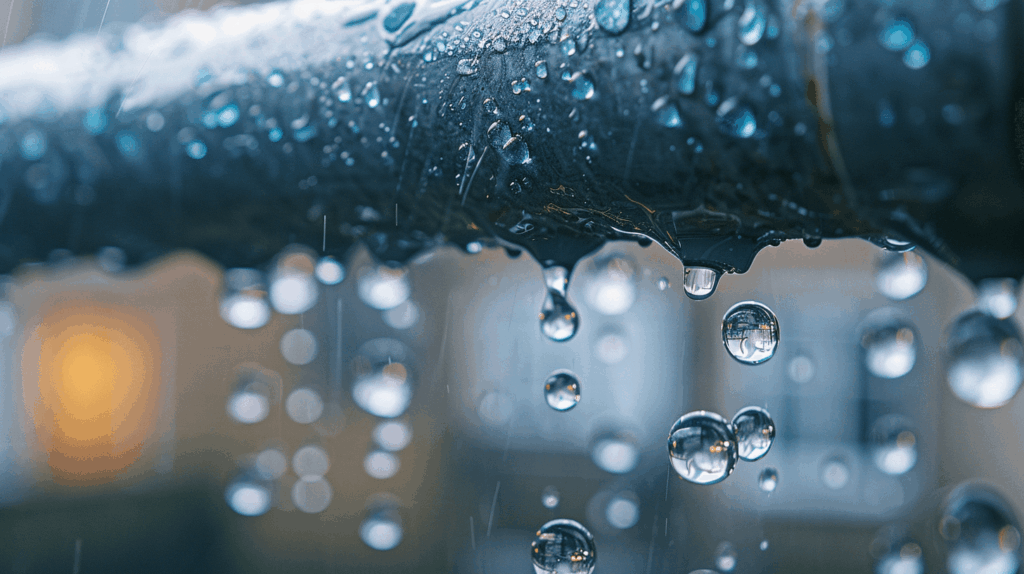
-
Insulate Your Pipes
In colder climates, frozen pipes are a serious concern. When water inside pipes freezes, it expands and can cause the pipe to burst. To prevent this:
Insulate pipes in unheated areas like basements, garages, and crawl spaces.
On extremely cold nights, open cabinet doors under sinks to allow warm air to circulate around the pipes.
Let faucets drip slightly to keep water moving, reducing the chance of freezing.
-
Know Where Your Shut-Off Valve Is
If a pipe bursts or you have a major leak, knowing how to shut off the water supply can prevent extensive damage. Locate your main water shut-off valve and make sure everyone in your household knows where it is and how to turn it off. It’s also a good idea to test it periodically to ensure it’s working properly.
-
Perform Regular Maintenance
Just like your car, your plumbing system needs routine care to stay in top shape. Some regular maintenance tips include:
Clean your drains monthly with a natural mixture of baking soda and vinegar followed by hot water to prevent buildup.
Check under sinks for signs of leaks or corrosion.
Flush your water heater once a year to remove sediment buildup, which can reduce efficiency and shorten its lifespan.
Test water pressure using a gauge. Excessively high pressure (over 80 psi) can stress your pipes and appliances. If it’s too high, install a pressure regulator.
-
Be Gentle on Fixtures
Handle faucets and knobs with care. Forcing them to turn off tightly can wear out washers and seals, causing leaks. If you notice squeaky or stiff handles, they may need lubrication or replacement.
-
Avoid Chemical Drain Cleaners
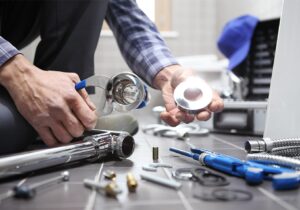 While they might seem like a quick fix for a clog, chemical drain cleaners can do more harm than good. These harsh products can erode your pipes over time and are especially damaging to older plumbing systems. Instead, use a plunger, plumber’s snake, or a natural solution like baking soda and vinegar. For persistent clogs, it’s best to call a professional plumber.
While they might seem like a quick fix for a clog, chemical drain cleaners can do more harm than good. These harsh products can erode your pipes over time and are especially damaging to older plumbing systems. Instead, use a plunger, plumber’s snake, or a natural solution like baking soda and vinegar. For persistent clogs, it’s best to call a professional plumber.
-
Install Drain Screens
Drain screens are inexpensive and easy to install, yet they can make a big difference in preventing clogs. Place them over all drains to catch hair, food particles, and other debris before they enter your plumbing system.
-
Schedule Annual Plumbing Inspections
Even if everything seems fine, an annual inspection by a licensed plumber can identify potential issues before they turn into major problems. A plumber can check for hidden leaks, assess the condition of your pipes, test your water heater, and ensure everything is functioning efficiently.
Preventing plumbing problems isn’t just about fixing things when they break—it’s about taking proactive steps to avoid trouble in the first place. With routine maintenance, a little caution, and an understanding of your home’s plumbing system, you can save yourself from costly repairs and maintain peace of mind.
By following these tips, you’ll not only extend the life of your plumbing but also create a safer, more efficient home. A little effort today can go a long way in preventing a plumbing disaster tomorrow.
